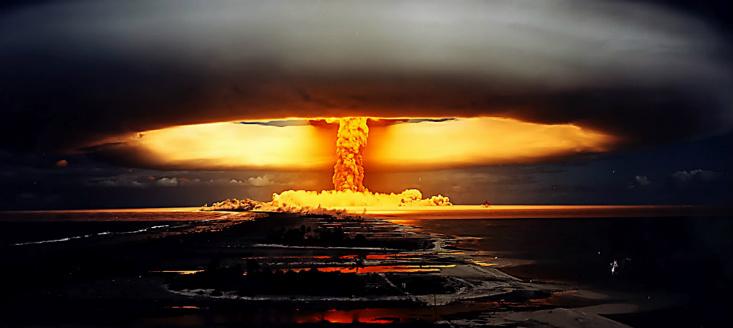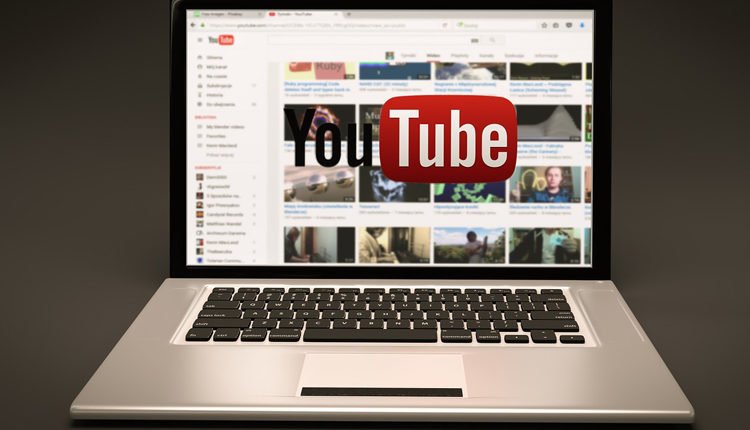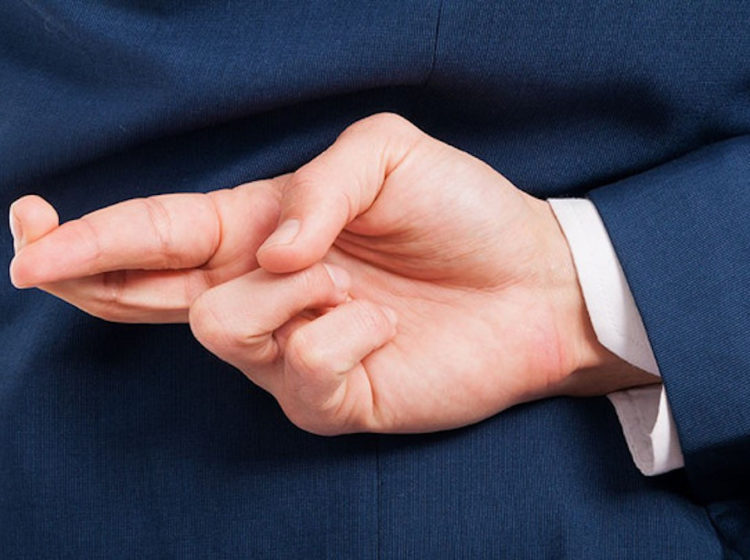Recently, with the focus centring on the curriculum again, the term ‘powerful knowledge’ seems to have entered educational parlance. It appears in discussions on in the echo-chamber that is Edutwitter.
It seems to me that ‘powerful knowledge’, like much educational discourse nowadays has been adopted by some to be unquestionably ‘right’ and ‘unchallengeable’.
‘We must give our pupils this “powerful knowledge”, it is our duty!’
This knowledge is not just ‘useful knowledge’ or ‘pretty handy’ knowledge or ‘might help you impress someone and be a kind of smart arse’ kind of knowledge.
Oh no, this kind of knowledge is ‘powerful’. The kind that Hermione Granger might go seeking in Hogwarts library late at night to help Harry Potter defeat the dark powers of he who can’t be named.
So what does powerful knowledge mean?
When you start to think about the word ‘powerful’ what words do you associate with it?
‘Strong’ ‘commanding’ ‘mighty’ ‘dominant’?

A nuclear bomb is powerful, so are Prime Ministers, heads of multi-national companies, bulls.
In an educational sense, it might make you think of ‘empowering’ or even ‘emancipatory’. Such words have been used to describe ‘powerful knowledge’ recently. See for example Michael Reiss: It as if it is a caped crusader for good, improving your own, and other peoples’ lives.
So if it is ‘emancipatory’ or ‘empowering’ it should follow, shouldn’t it, that this kind of knowledge actually empowers those who possess it to do something with it, to make a change for the better? To i
When we
So, what is this powerful knowledge that Young is so lauded for?
Does his definition of powerful knowledge live up to the hype?
You decide. This is how he described it in 2013.
‘Powerful knowledge’ is powerful because it provides the best understanding of the natural and social worlds that we have and helps us go beyond our individual experiences’
(Young, 2013, p. 196 Powerful knowledge: an analytically useful concept or just a “sexy sounding term”? A response to John Beck’s “Powerful knowledge, esoteric knowledge, curriculum knowledge”. Cambridge Journal of Education, 43, pp. 195–198.).
Impressed?
So, in other words, ‘powerful knowledge’ is the stuff you learn at school as opposed to home. The stuff your teachers tell you rather than what you are told by your mum or your friends.
Surely it depends on what your individual experiences are at home to whether or not knowledge goes beyond our own experiences. It depends what your
Another definition given is this:
‘Powerful knowledge provides more reliable explanations and new ways of thinking about the world and …can provide learners with a language for engaging in political, moral, and other kinds of debates’ (Young, 2008, p. 14 From constructivism to realism in the sociology of the curriculum.Review of Research in Education, 32, 1–32.).
Maybe this knowledge learnt at school would be powerful if it allowed everyone to feel empowered by it.
But, in a system increasingly focused on recital and recall tested in terminal exams, many don’t feel empowered by the knowledge given to them at school.
Instead, they feel like they are failing. Especially if they can’t remember enough of the stuff they need to pass the test, or, as suggested, engage in political or moral debates. Maybe this is because it doesn’t really mean anything to them? Or maybe because the way the system works: some pass (top 5% with a 9 next 10% with an 8 and so on), so others have to fail.
Has ‘powerful knowledge’ always meant the same thing?
Others, prior to Young have banded the idea of powerful knowledge around. Marxist commentators in the 60s saw formal education as having the ability to empower workers to challenge the status quo – now that is revoltingly powerful! Not, what I would imagine Nick Gibb thinks of when he discusses the term.
Others think or have thought that knowledge or learning was powerful when the learner owns their own learning, and how to learn. This process allows them to become lifelong learners. Remember those days of genericism and ‘learning to learn’ programmes? This idea incidentally seems quite a long way removed from Young’s view.
PK and History Teaching
I can see why history teachers and history educators ( and all subject lovers) have jumped onto Young’s phrase. After all Young is pro a curriculum based on subject disciplines which provide, this powerful knowledge.
This can only be a good thing to us history educators.
So what does powerful knowledge mean in terms of history? Here Young is less clear and therefore it has been up for grabs.
History is divided into two types, substantive (stuff) and disciplinary (concepts to hang the stuff onto).
Both are important. Having concepts without a context or knowledge to hang it on is not history. It is just a muddle. Just recalling stuff that has been told to you is either heritage or worse still, brainwashing. And, incidentally, it bored generations of children who were schooled in this way in the 1950s and 1960s.
We just need to consider what type of history we value and what type of history we want to teach our students.
I love historical knowledge, I love history. I love a good story. I love seeing how the past has been constructed, how it is complex and changing.
If people are led to believe ‘powerful knowledge’ means just providing pupils with lists to learn. That history teaching just involves didactic methods and teachers focus just on their own exposition, without using this knowledge for disciplined historical thinking, or considering what interests and motivates the learner, then we are entering troubled waters.




